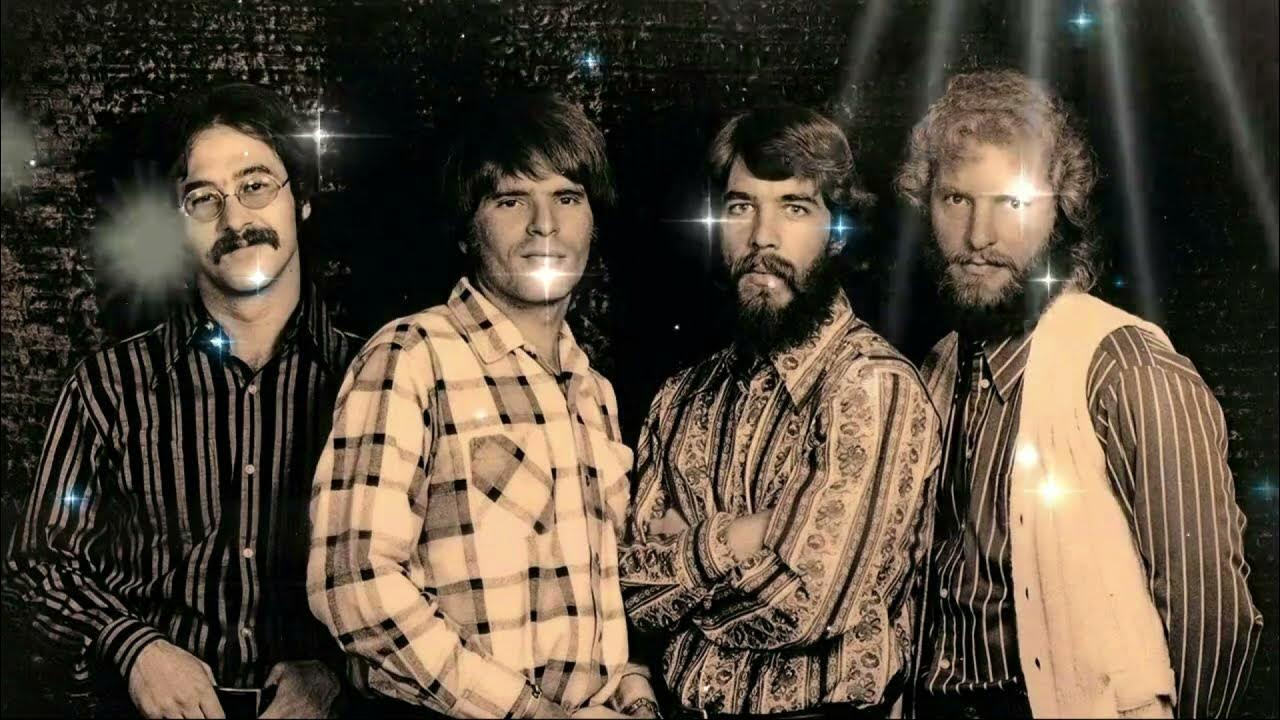
“Poorboy Shuffle” is CCR’s little back-porch interlude—an instrumental grin that turns hard times into rhythm, as if the band is saying: keep your head up, keep your hands moving.
“Poorboy Shuffle” is one of those Creedence moments that doesn’t shout for attention, yet somehow tells you everything about who they were. It’s a John Fogerty instrumental (written and produced by him) tucked onto Creedence Clearwater Revival’s 1969 album Willy and the Poor Boys (Fantasy Records, released in late October 1969). The album itself was a major peak for CCR—reaching No. 3 on the Billboard 200—and it carried some of their most enduring headlines (“Down on the Corner” and “Fortunate Son”). But “Poorboy Shuffle” lives in a different register: not the rallying cry, not the radio hook—more like the band stepping off the curb for a minute to play for the sheer pleasure of sound.
What makes it special right away is its role on the record. “Poorboy Shuffle” sits on side one and segues directly into “Feelin’ Blue,” like a short scene change between songs—almost cinematic in its simplicity. CCR rarely indulged in instrumentals, and that rarity gives this track a certain charm: it feels like you’ve wandered into the room while the band is warming up, laughing, and accidentally making something memorable.
The sound is deliberately old-fashioned, closer to a jug-band shuffle than to the swamp-rock thunder people usually associate with CCR. Instead of building a “big” arrangement, the track leans on texture and pulse: harmonica, a loose-limbed groove, and that wonderfully homespun clatter that suggests washboard and washtub bass. In other words, it doesn’t just reference working-class music—it inhabits it. The title isn’t decorative either. “Poorboy” in CCR’s world was never a costume; it was a viewpoint. Their best songs look at America from ground level—street corners, factory towns, back roads—where pride and struggle sit at the same kitchen table.
There’s a story often told around “Poorboy Shuffle” that fits its spirit perfectly: that it was born from an improvised bit of playing during the famous album-cover photo session (the band posed as a street group outside a real storefront), and later shaped into a proper track in the studio. Whether you take that tale as strict history or as a piece of folklore, it sounds believable—because the recording has that unforced, caught-in-the-moment quality. It feels like something that happened because the musicians were together, because the mood was right, because silence would have been wasted.
And that’s where the meaning really lives. “Poorboy Shuffle” isn’t “about” a plot. It’s about attitude. It suggests a kind of resilience that doesn’t need speeches. When life is thin, you shuffle. You make do. You find a pocket of joy in the rhythm of simple tools—strings, skin, breath, a little rattle of percussion—until the world loosens its grip for a minute. The track’s modest length (just a couple of minutes) is part of its honesty: it doesn’t overstay. It gives you a grin, a nod, a brief handclap of fellowship, then slips neatly into the next song.
Listening now, decades after 1969, there’s something deeply comforting in that modesty. Modern music can feel engineered to win. “Poorboy Shuffle” feels engineered to live: the kind of music you could imagine drifting out of an open door on a summer evening, where nobody’s counting streams and nobody needs a chorus to justify their attention. It’s CCR reminding us—quietly—that beneath the politics, beneath the storms, beneath the mythology of the era, there was still the ordinary human need to play.
So while the great CCR monuments will always be there—those big, blazing singles that seem carved into American radio—“Poorboy Shuffle” remains a smaller treasure: a brief, dusty postcard from the curbside stage, where a band with perfect timing chose, for a moment, to simply shuffle on.